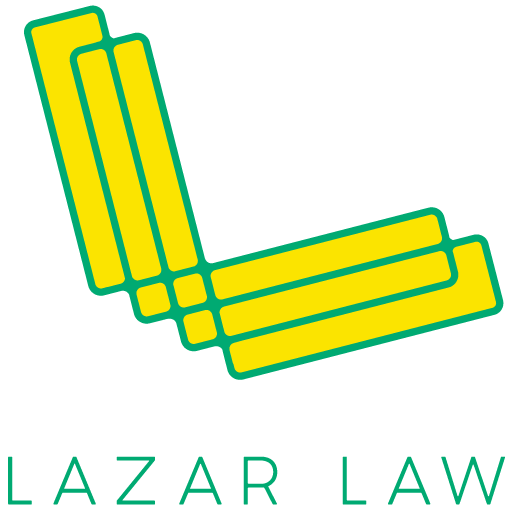 The documentary television miniseries Allen v. Farrow explores Dylan Farrow’s 1992 accusations that she was sexually abused by her father, Woody Allen, when she was 7 years old, and the resulting custody and criminal cases. In four hour-long episodes, airing on HBO, we are taken inside the lives and relationship of Mia Farrow and Woody Allen, and the brood of children.
The documentary television miniseries Allen v. Farrow explores Dylan Farrow’s 1992 accusations that she was sexually abused by her father, Woody Allen, when she was 7 years old, and the resulting custody and criminal cases. In four hour-long episodes, airing on HBO, we are taken inside the lives and relationship of Mia Farrow and Woody Allen, and the brood of children.
As a custody lawyer, to me the documentary was not so much about whether or not Woody Allen molested Dylan and who to believe but was more about the effects of trauma on a family.
The third episode focuses on the custody case. It is a fascinating inside look at custody disputes. Woody Allen wanted access to his children after his affair with his stepdaughter was revealed, 7-year-old Dylan made her outcry of sexual abuse and his relationship with Mia Farrow ended. Mia Farrow’s position was that the children were not safe with Woody Allen. Woody Allen’s position was that Mia Farrow was furious about his relationship with her daughter (she was) and was therefore retaliating by turning the children against him and having their 7-year-old daughter make up the abuse allegations–that Mia was guilty of parental alienation.
In the 1990s, parental alienation was a new concept. If you watch the documentary, you will see an excellent history of the origins of parental alienation as a position in family law. The bottom line is that “Parental Alienation” as a psychological phenomenon was extremely controversial back in the 1990s, and it remains controversial today. Mia put on evidence of Woody’s inappropriate behavior toward the children and lack of appropriate parenting skills, along with evidence of Dylan’s abuse allegations. Woody relied on his experts to make the case for parental alienation. Back then, Mia Farrow spent at least a million dollars on her custody trial, and we have no idea what Woody Allen spent. Financial cost aside, what you see in the documentary is the emotional toll that these cases take on the family.
When parental alienation is alleged in a custody case, it is hard to find a middle ground between parents and to settle. These cases often go to trial because everything is on the line. At its essence, “parental alienation” is on the table in a modern custody case when a child refuses to see a parent. The favored parent believes the children should not be ordered to spend time with the rejected parent; and the rejected parent believes the Court should intervene and order the children to live with the rejected parent, or at least have court-ordered possession and access to the children.
It is the public policy of the State of Texas to assure that children will have frequent and continuing contacts with parents who have shown the ability to: (1) act in the best interest of the child, (2) provide a safe, stable, and nonviolent environment for the child and (3) encourage parents to share in the rights and duties of raising their child
after they have separated. Thus, Texas law supports and favors time between parent and child.
After a prolonged custody battle that ends in trial, even when the Court believes a parent should not see a child at all or without supervision, that is not the end. The Court will usually make orders for therapeutic interventions after the case is over in an attempt to deal with the underlying psychological and family dynamic issues that led the family to the family court. The goal will always be to find a way for parents to have a relationship with their children.
In Allen v. Farrow, Dylan Farrow never reunified with Woody Allen. The Court never required her to see her father when she was a child, but Woody did have possession and access of her two brothers, Moses and Ronan. Ronan did not believe his sister, but after intense research has now publicly stated that he believes his sister and no longer has a relationship with Woody Allen. Moses Allen was on his mom’s side growing up, but now is on his dad’s.
What you see is that these cases are harrowing. In my own experience trying these cases, years later you see the damage that is done to the children, even when you believe justice has been served in the court case. Everyone likes to blame the legal system, but I don’t believe that is true. When a family has this type of dynamic, you need a family law judge to intervene and to give orders for the family to follow. Left alone, the family will destroy itself. There may not be anything we in the family law system can do to make it better, but I do know we try.
The reality of going through a custody battle, especially when parental alienation is in play, will never be easy, but having an experienced Lazar Law custody lawyer to help you navigate the complicated strategies to get to the best outcome for your children is most imperative at this time and means you won’t have to shoulder the burden alone. Schedule an appointment with Jodi Lazar or Alyson Falk today.



